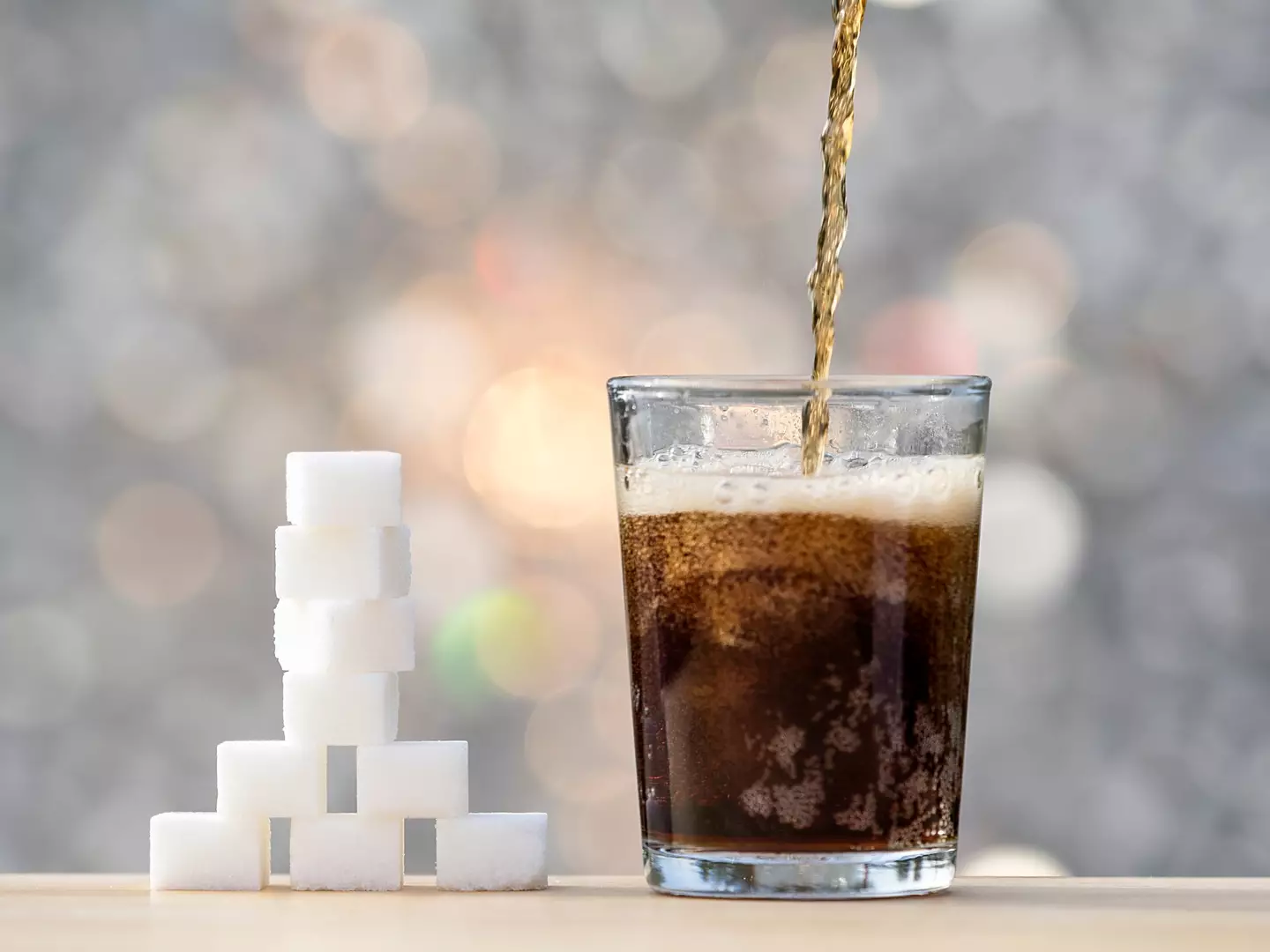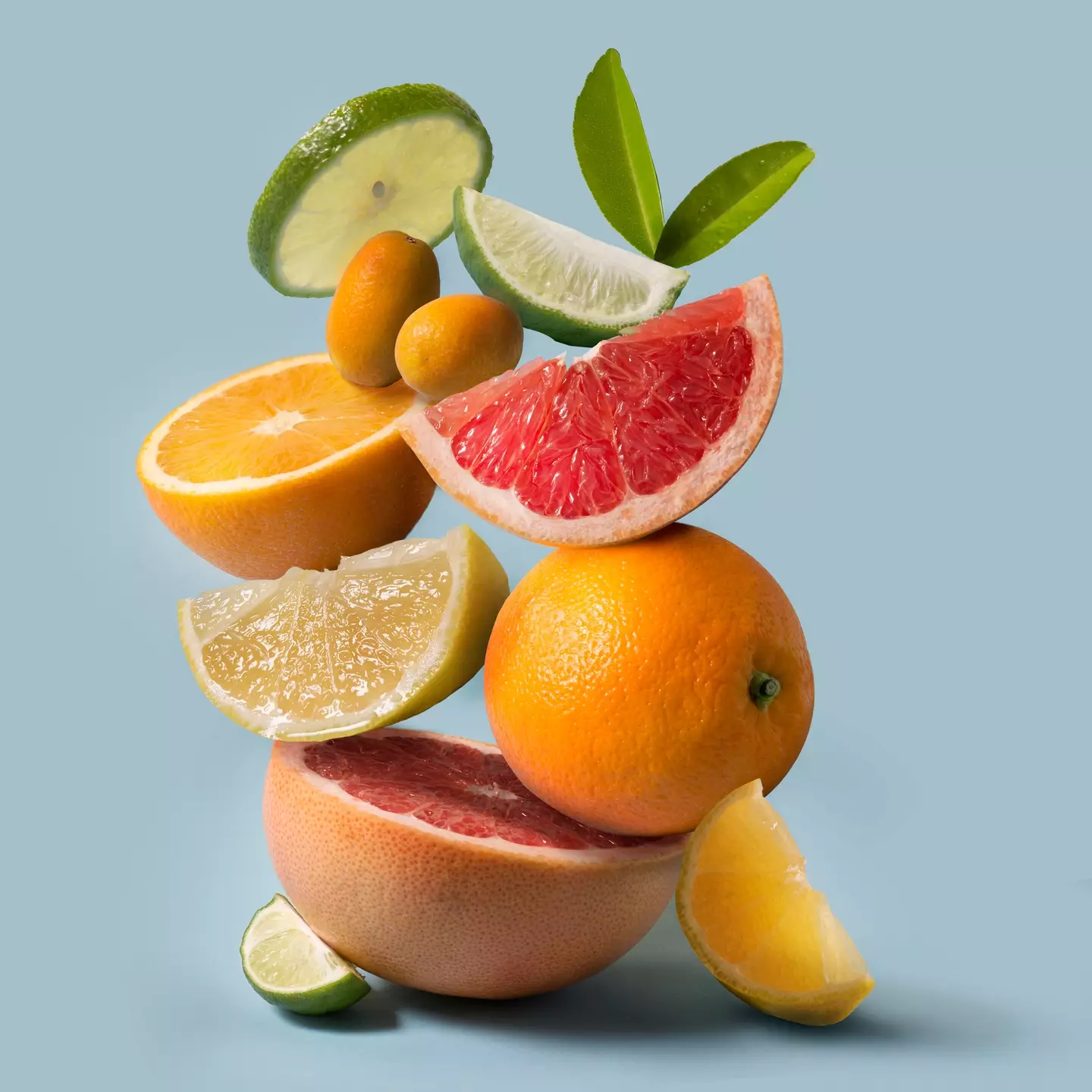
It’s no secret that sugar isn’t very good for us beyond moderate amounts.
For one, it’s very bad for your teeth. Further down the system, high sugar intake can spike your blood glucose levels, triggering more insulin to be released by the pancreas to regulate the sugar and prevent it from hitting dangerously high or low levels.
Over time, this kind of elevated insulin release from high sugar consumption can make your body become resistant to its own insulin. This insulin resistance has another name: type 2 diabetes.

Advert
In other words, it’s generally sensible to watch your sugar intake and try to reduce it where possible.
How you consume it may prove crucial, too, with a study out of Brigham Young University pointing to liquid sources as being more damaging than others.
The study looked at data from 500,000 people from around the world to examine the links between sugar intake and the risk of developing type 2 diabetes.
It found that liquid sources, such as from fizzy drinks or fruit juice, posed an elevated risk. Sugars from whole fruits and the like may even protect against developing the condition.
Karen Della Corte, lead author of the study published in Advances in Nutrition, said:
“This is the first study to draw clear dose-response relationships between different sugar sources and type 2 diabetes risk.
“It highlights why drinking your sugar, whether from soda or juice, is more problematic for health than eating it.”
According to the study, every additional 12-ounce (340g) serving of a high-sugar fizzy drink increased a person’s type 2 diabetes risk by 25% while a fruit juice of an equivalent volume increased the risk by 5%.
"If the average person’s baseline risk of developing type 2 diabetes is about 10%, four sodas a day could raise that to roughly 20%, not 100%," the study noted. In other words, that 25% increase is relative to the existing risk, so it isn’t just a blanket 25%-add per additional drink.

Della Corte continued: “This study underscores the need for even more stringent recommendations for liquid sugars, such as those in sugar-sweetened beverages and fruit juice, as they appear to harmfully associate with metabolic health.
“Rather than condemning all added sugars, future dietary guidelines might consider the differential effects of sugar based on its source and form.”
It’s an interesting revelation, especially given concerns shared on social media that fruit-borne fructose poses a health risk in and of itself.
